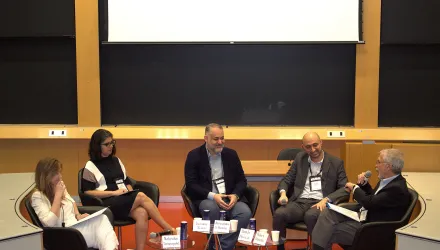Abstract
Decision-makers often seek to design policies that support sustainable development. Prospective evaluations of how effectively such policies are likely to meet sustainability goals have nonetheless remained relatively challenging. Evaluating policies against sustainability goals can be facilitated through the inclusive wealth framework, which characterizes development in terms of the value to society of its underlying capital assets, and defines development to be potentially sustainable if that value does not decline over time. The inclusive wealth approach has been developed at a theoretical level and previously applied to retrospective evaluations. Here, we apply inclusive wealth theory to prospective policy evaluation coupled with dynamic simulation modeling, using a case of electricity infrastructure policies in oil-exporting countries. To demonstrate the prospective evaluation, we analyze investment policies in non-fossil electricity capacity in terms of their forecast impact on inclusive wealth. Illustrative results show that investing in non-fossil capacity in Saudi Arabia and Kuwait can increase the countries’ inclusive wealth, though the impacts depend on future uncertainties. In contrast, the UAE’s net inclusive wealth declines under similar investment policies. Finally, expanding the estimation of benefits to include human capital improvements can substantially increase net inclusive wealth, though calculated benefits vary across the countries.
Clark, William. “Using Inclusive Wealth for Policy Evaluation: Application to Electricity Infrastructure Planning in Oil-Exporting Countries.” Ecological Economics, 2017





